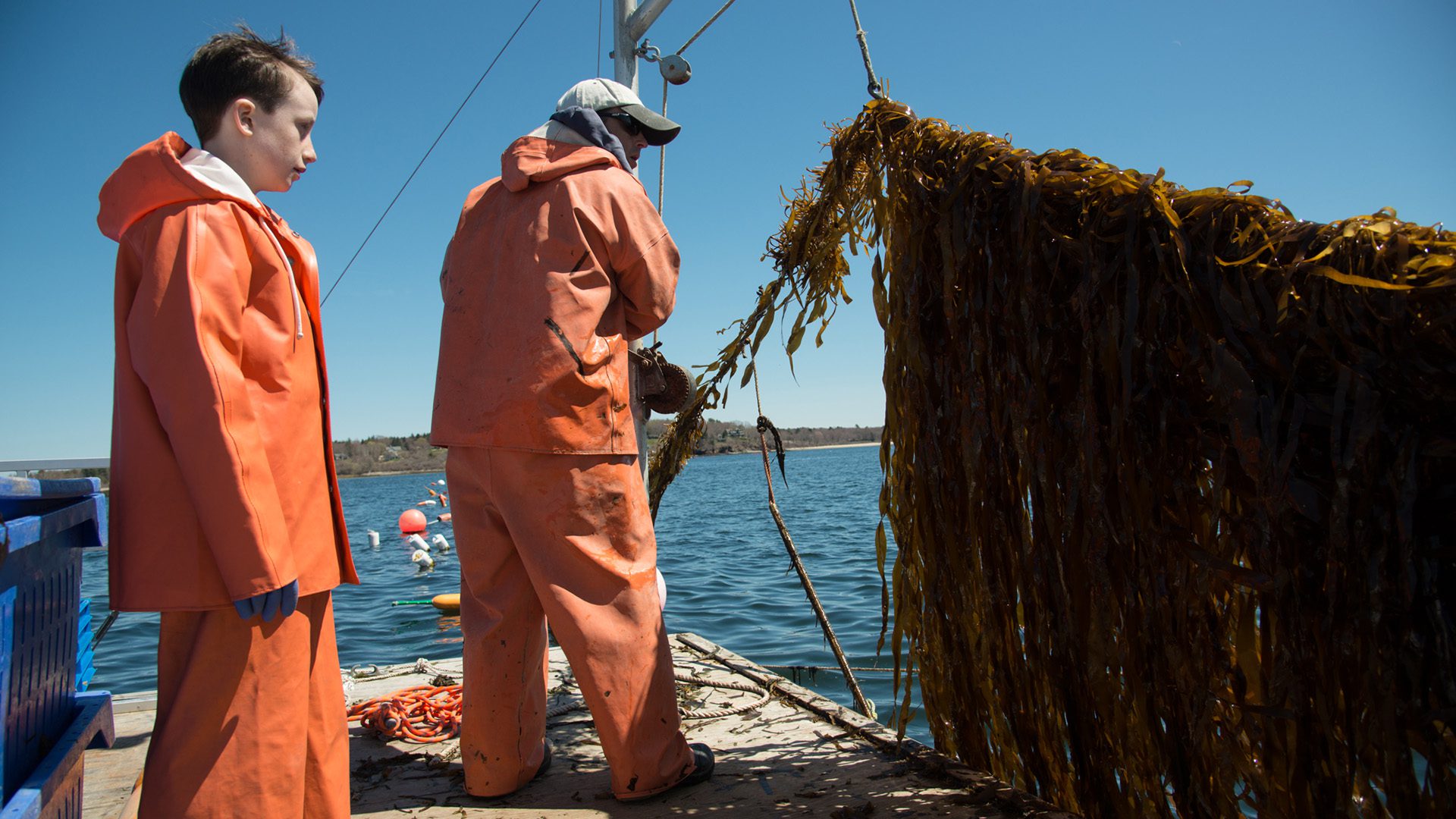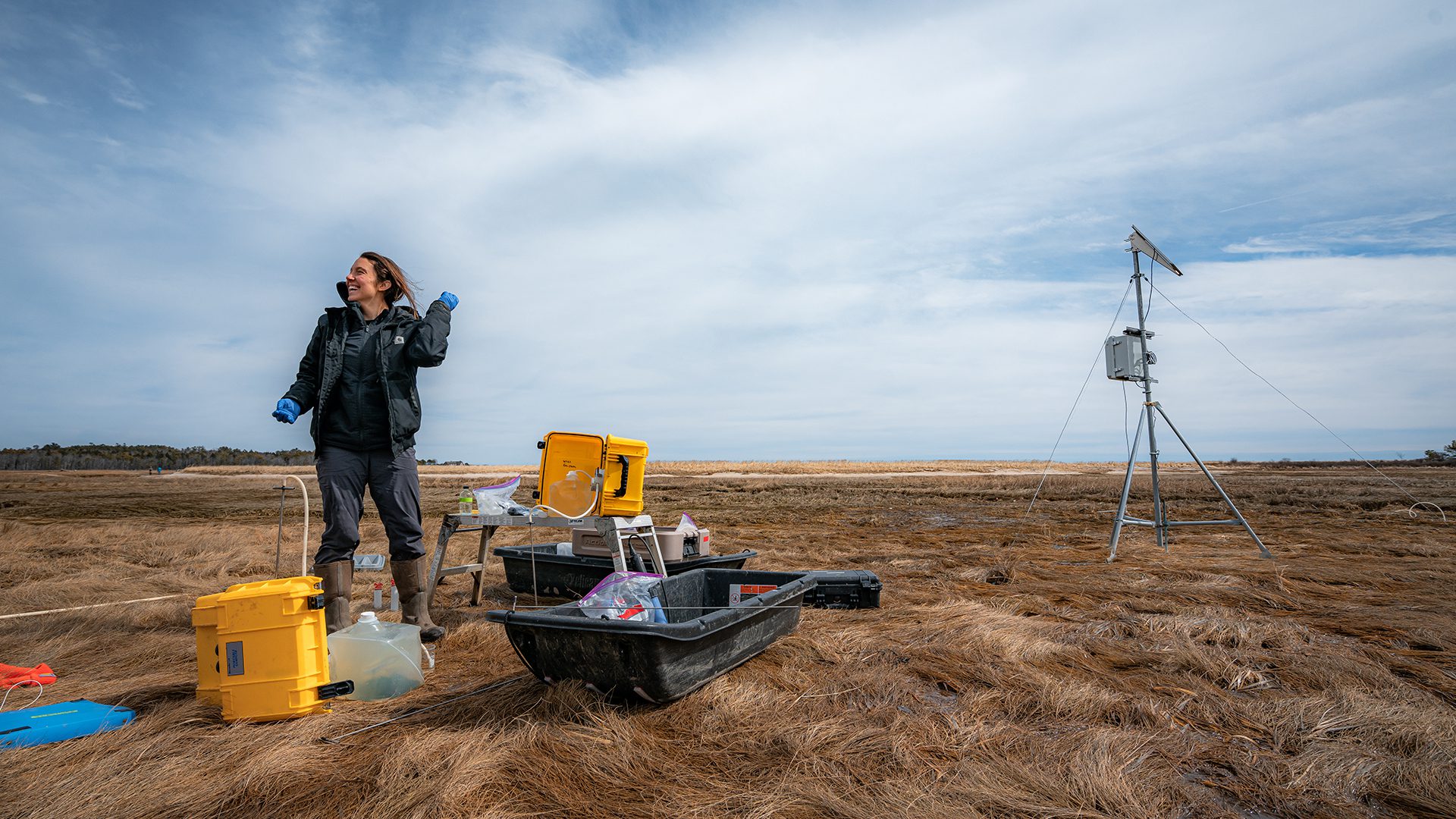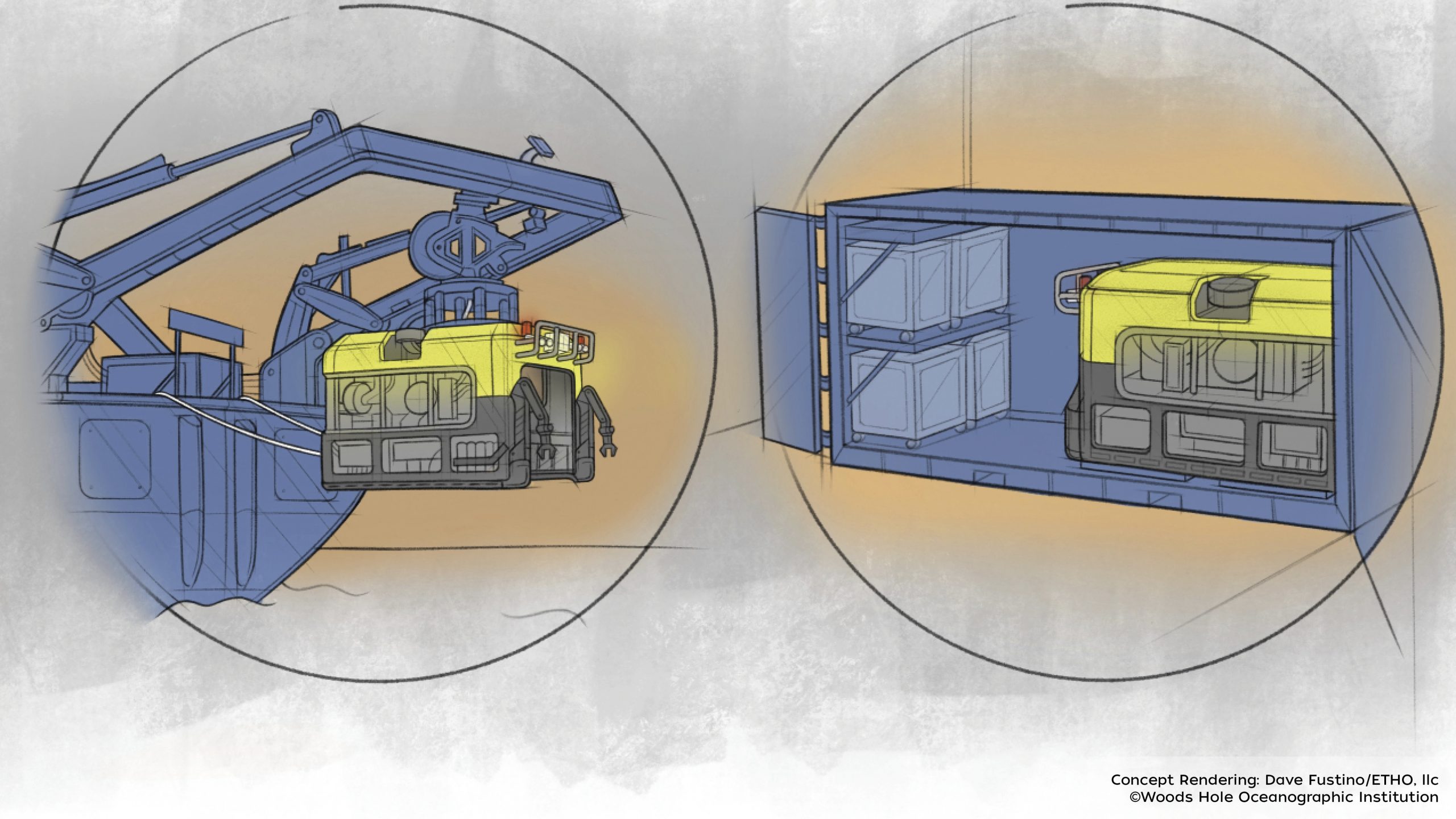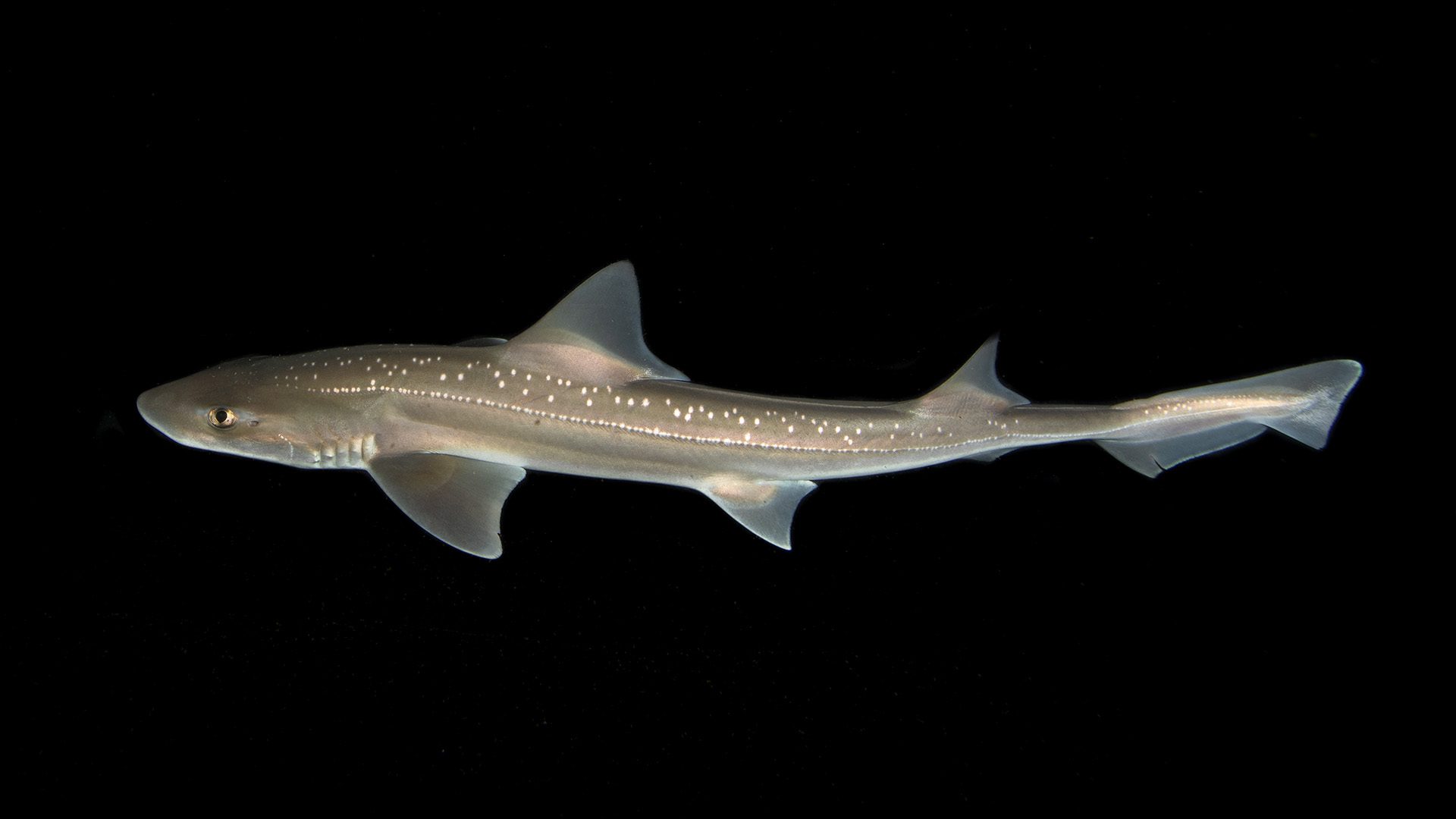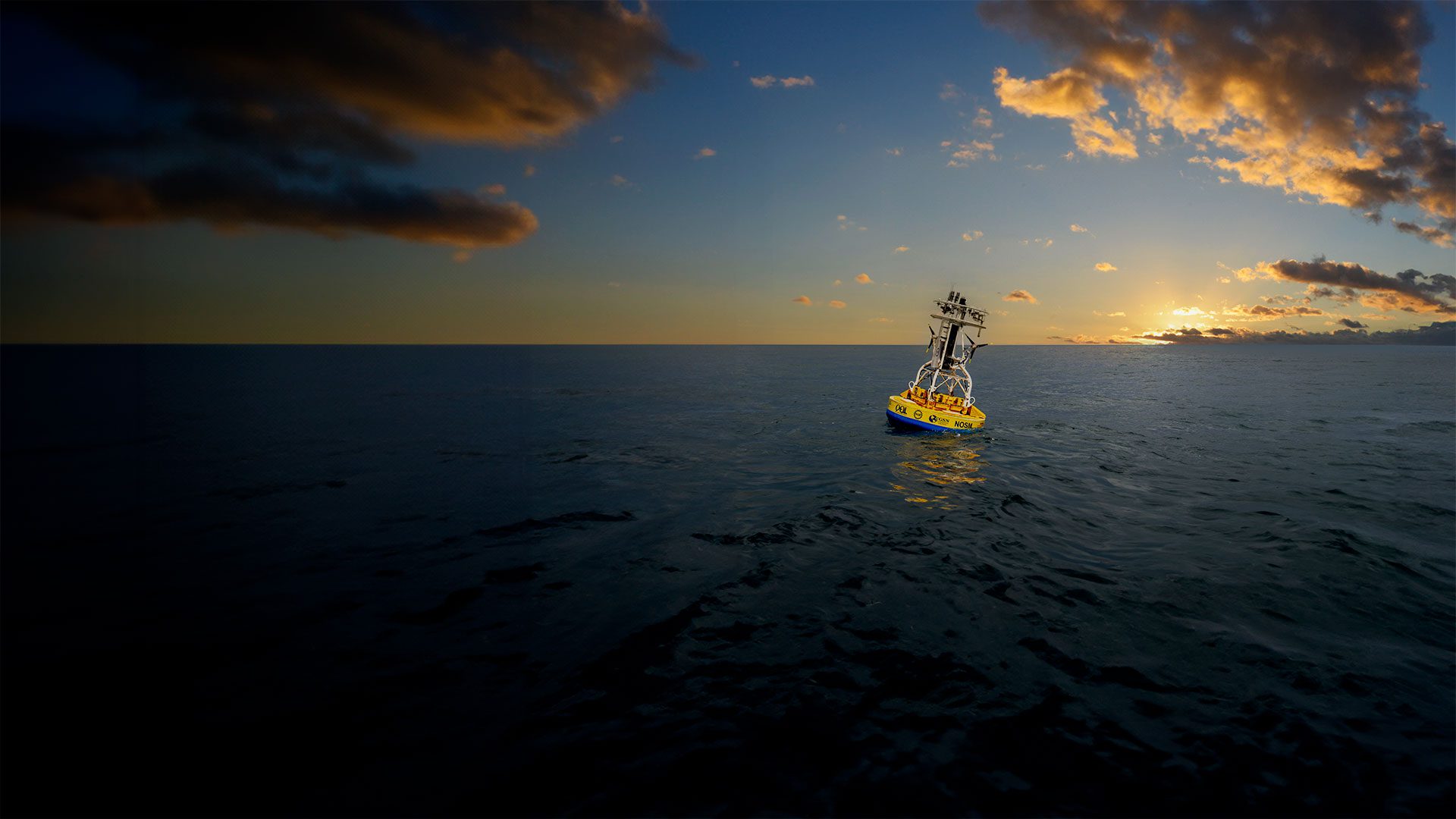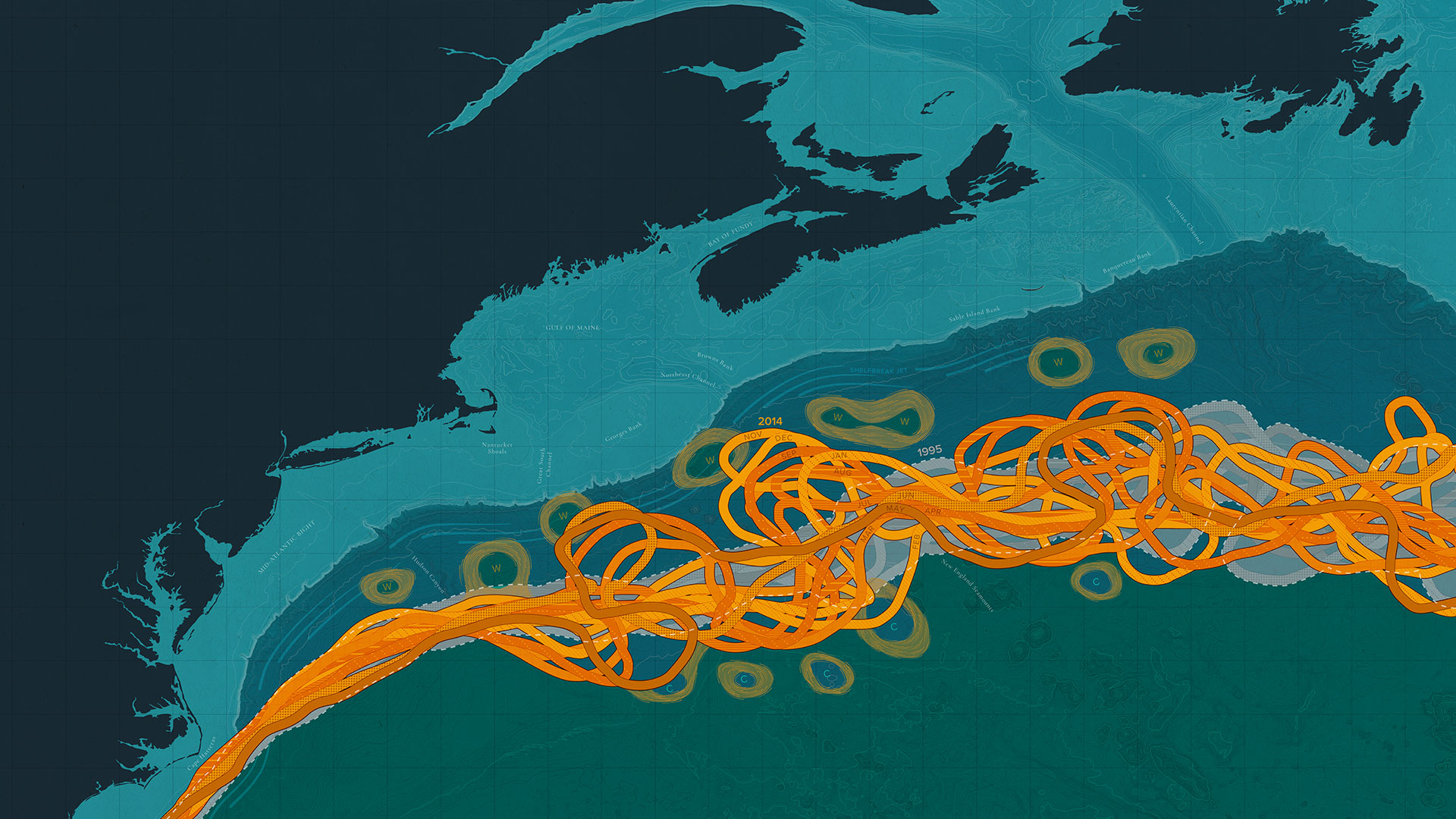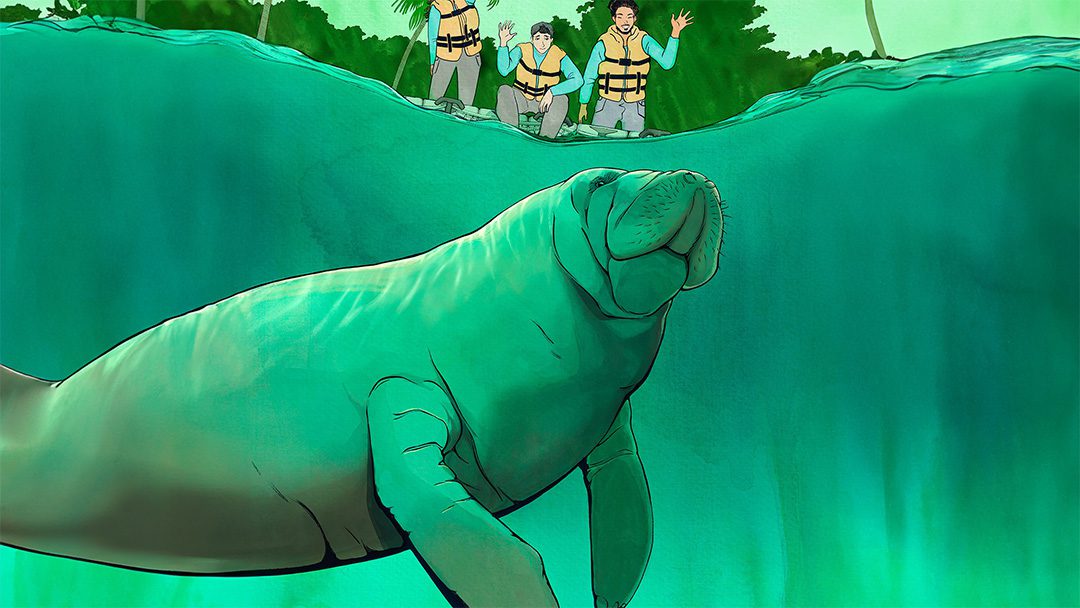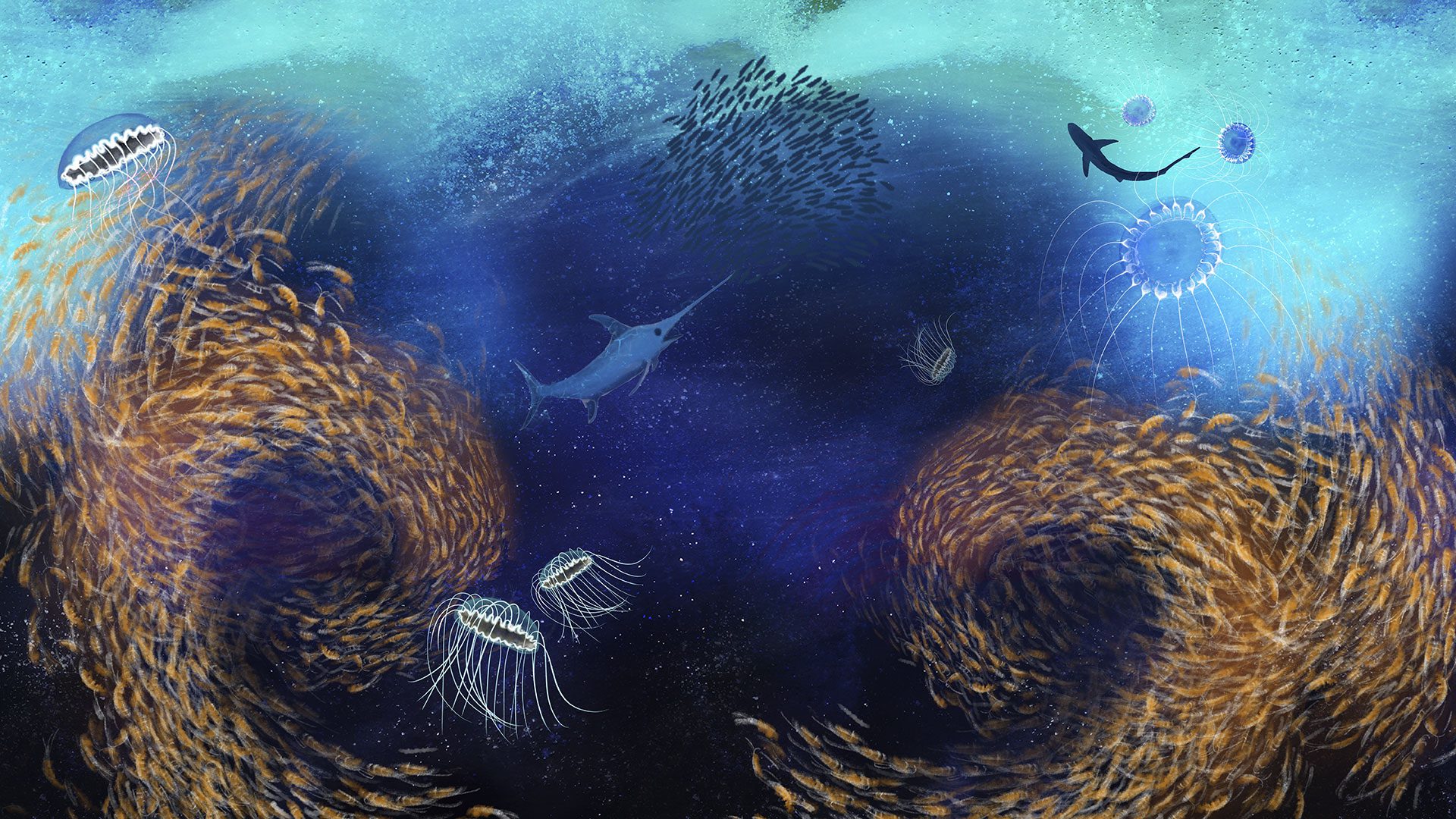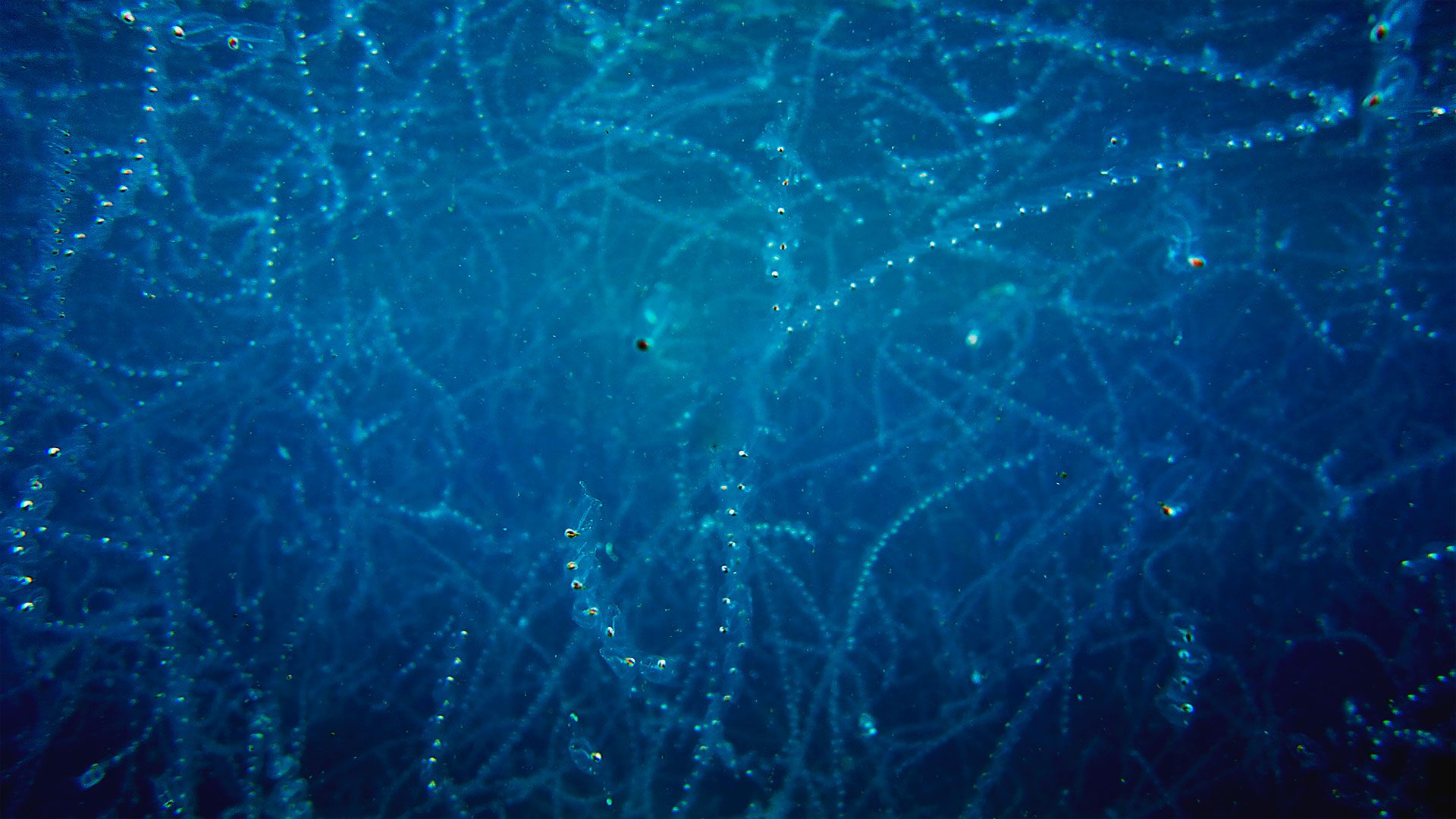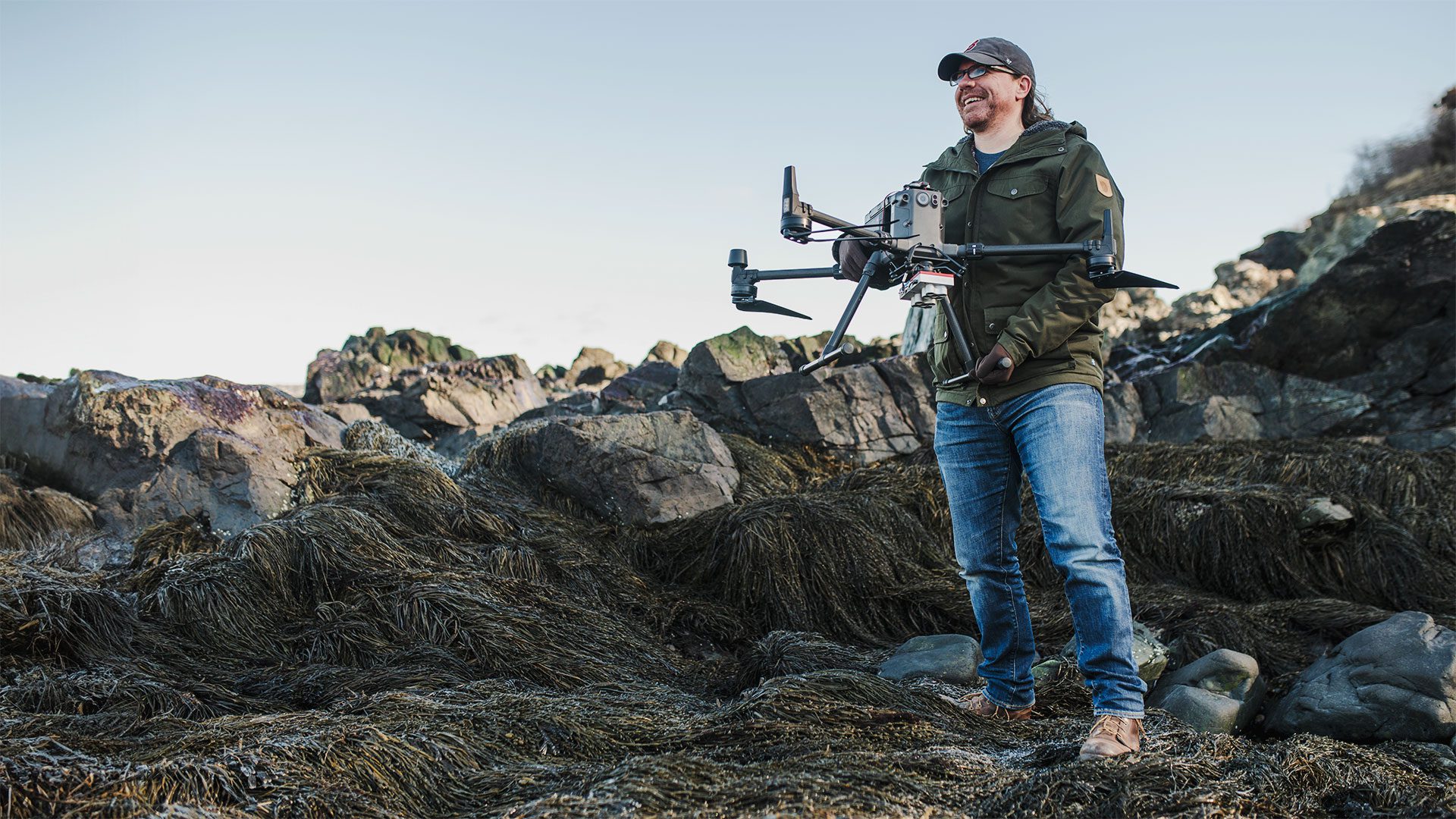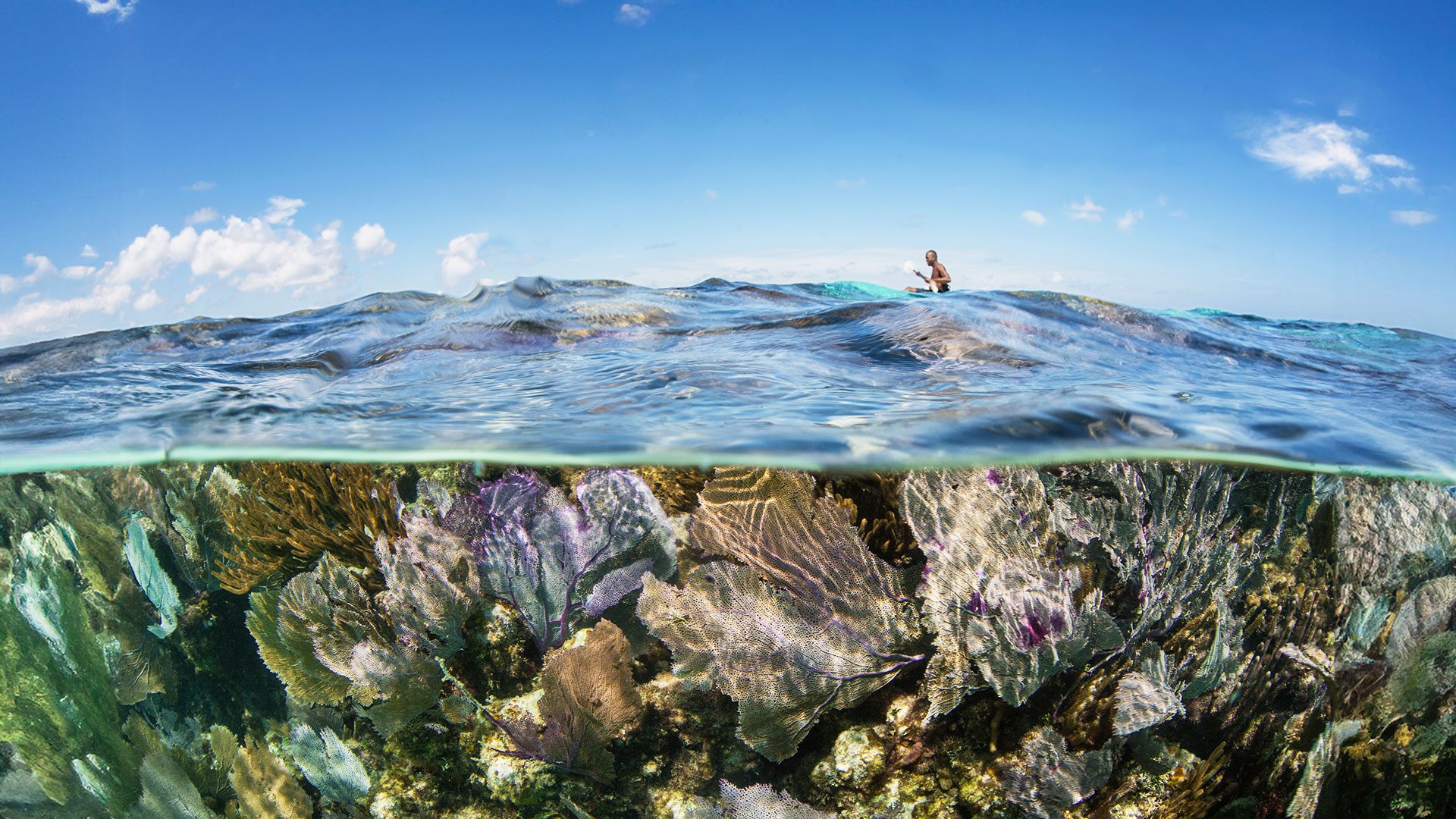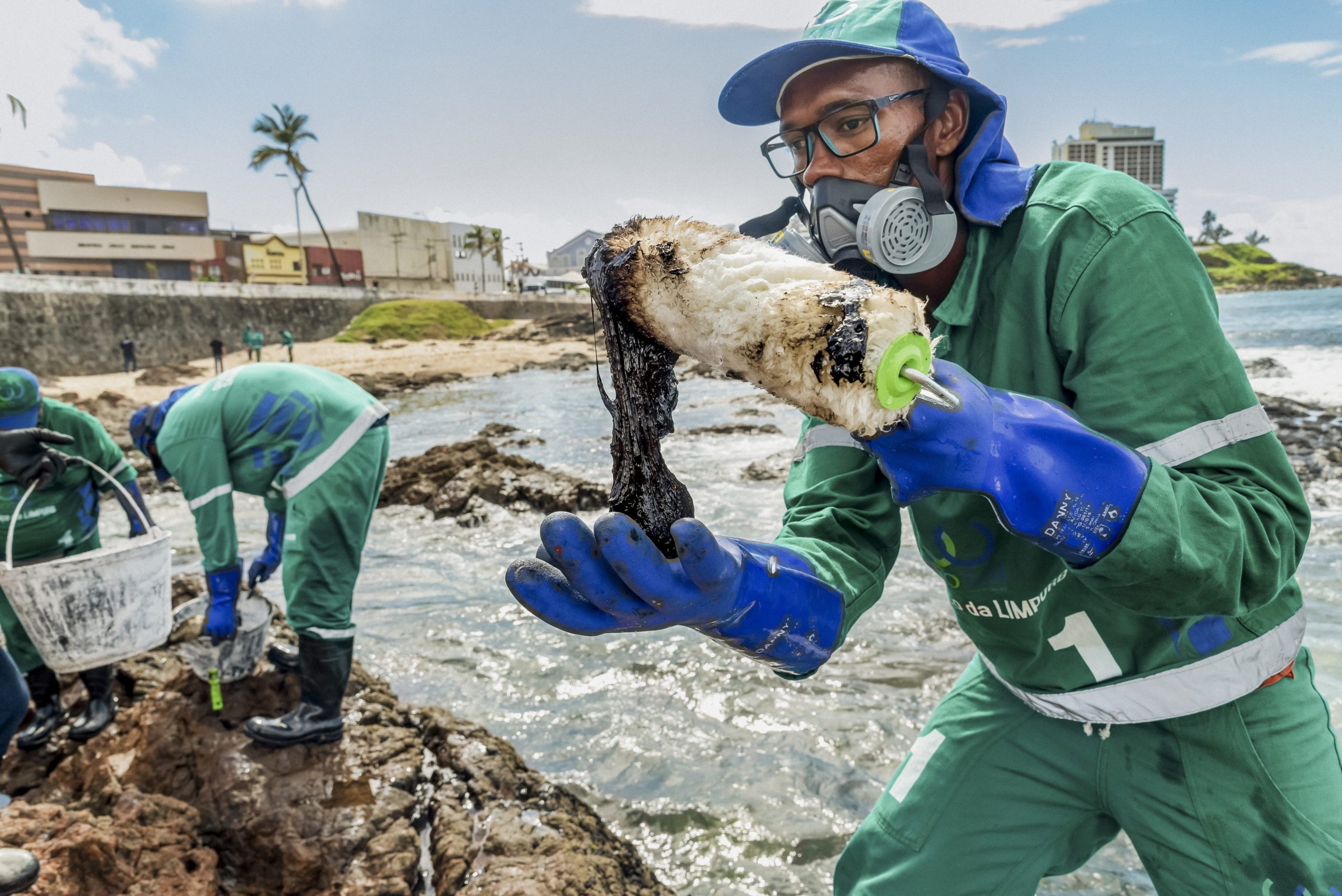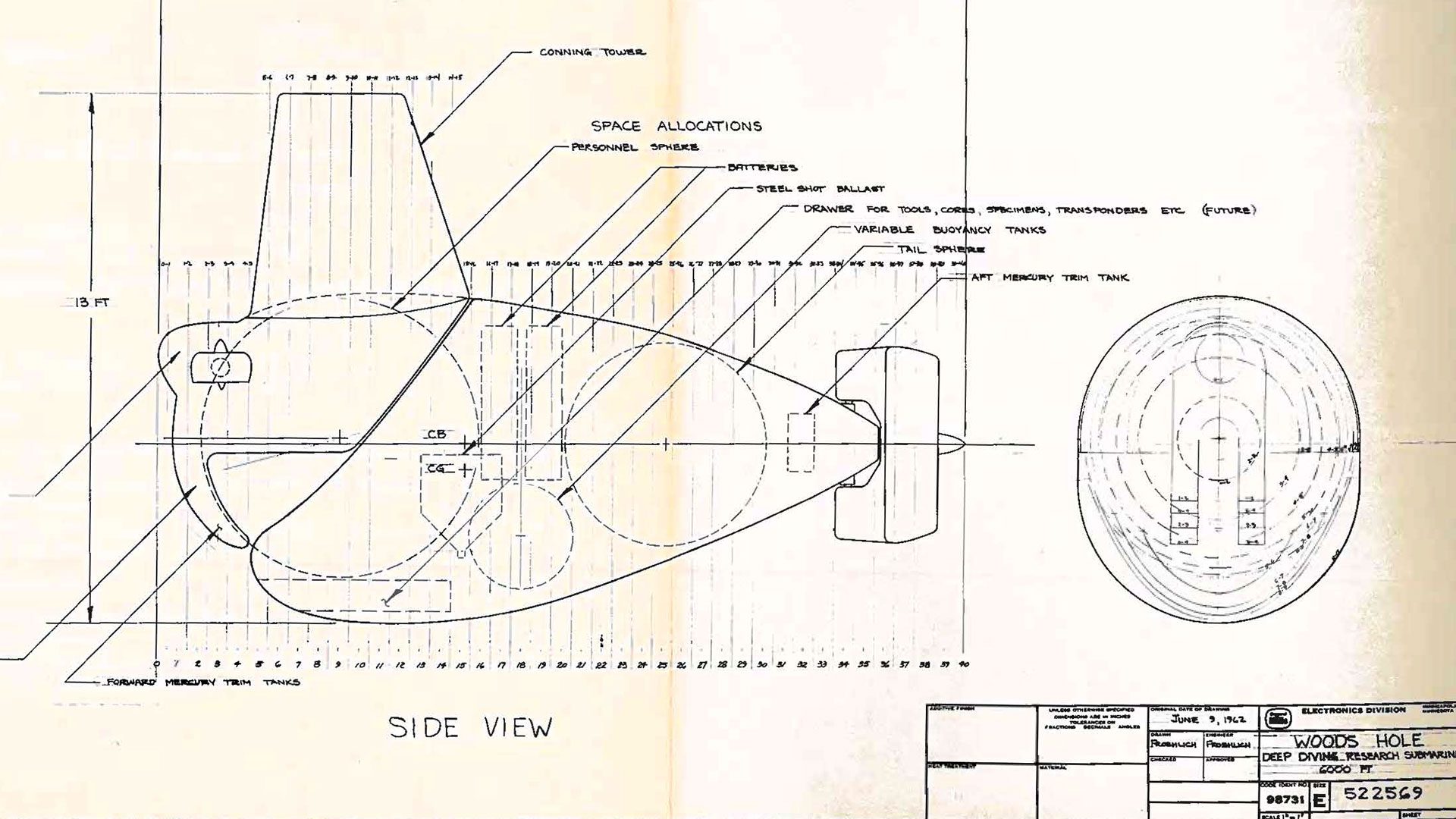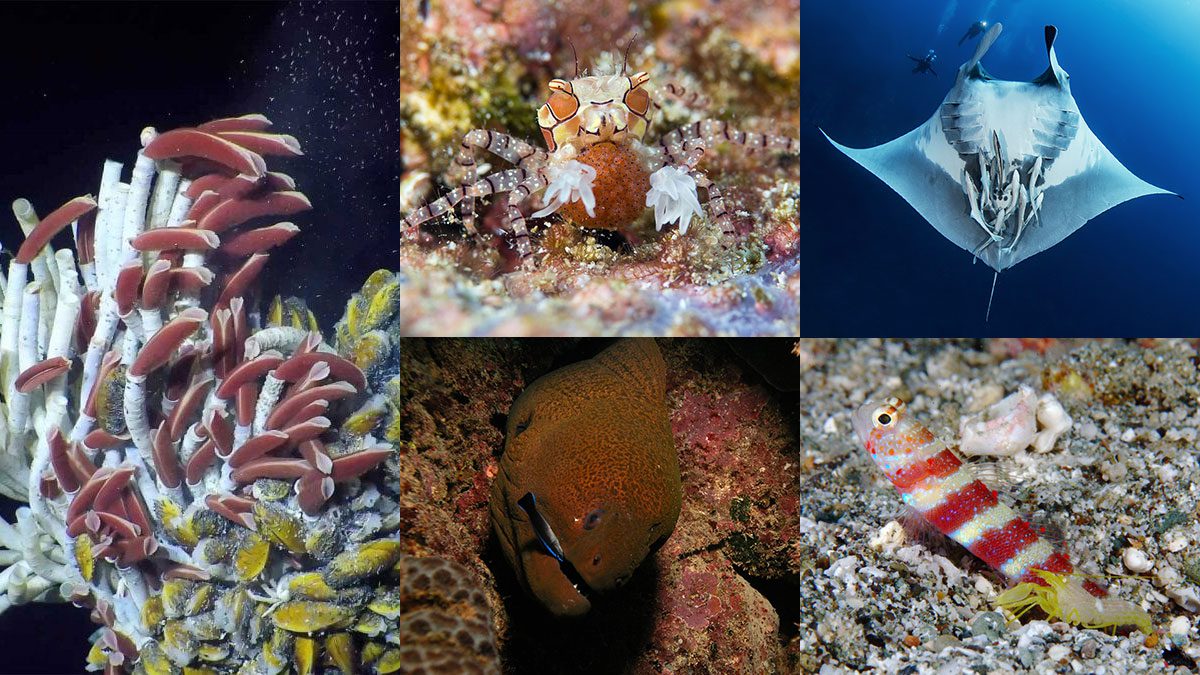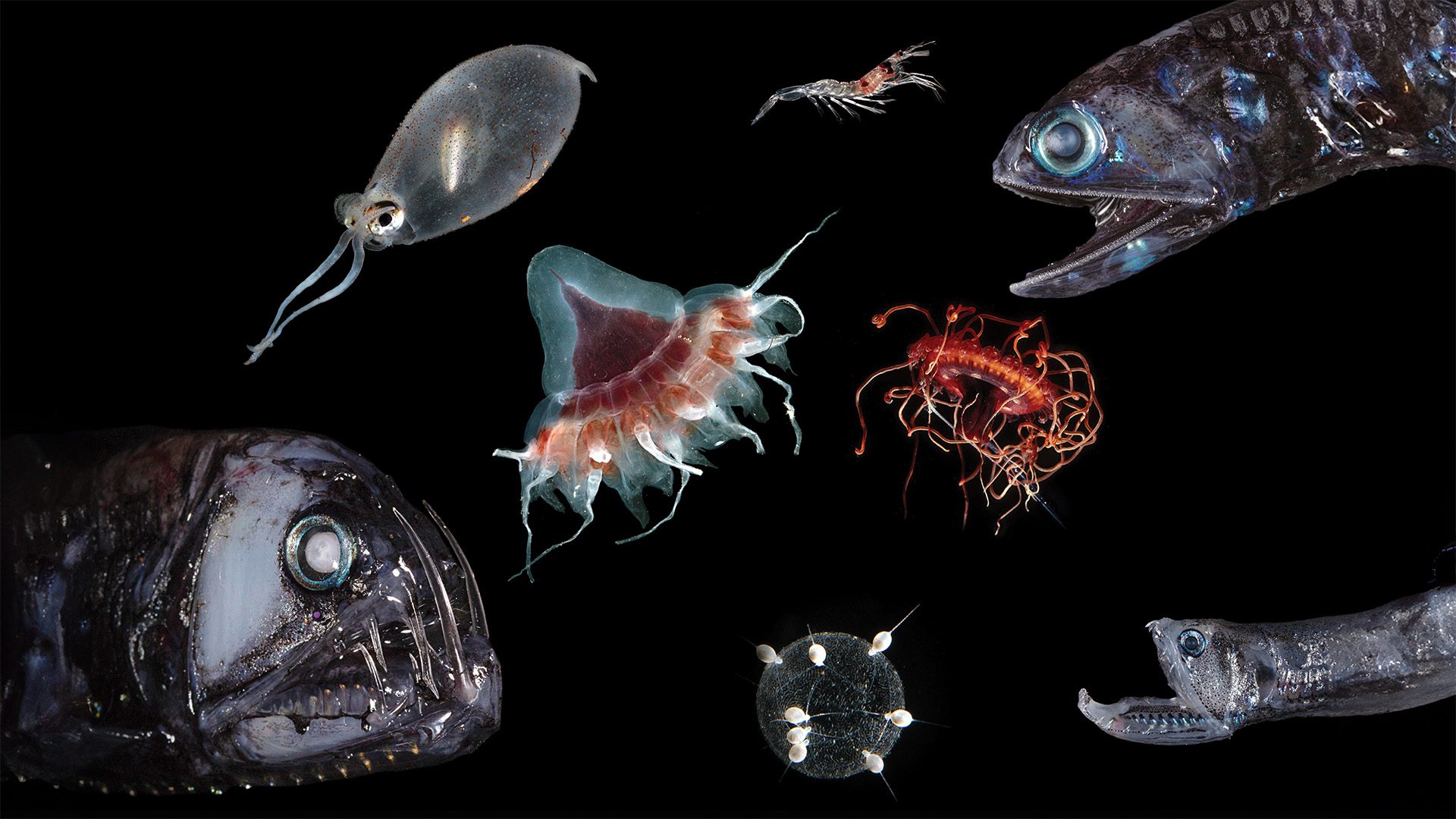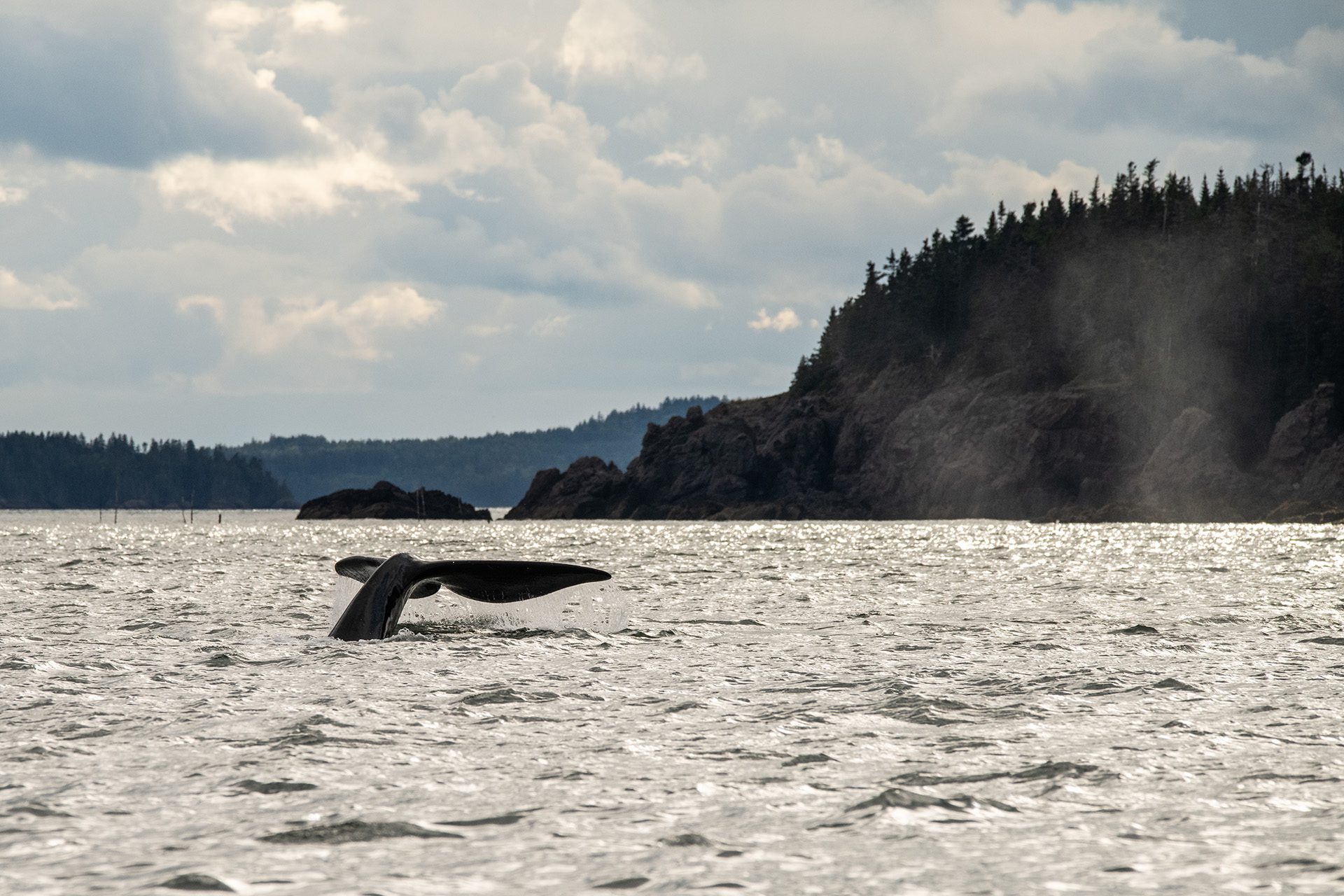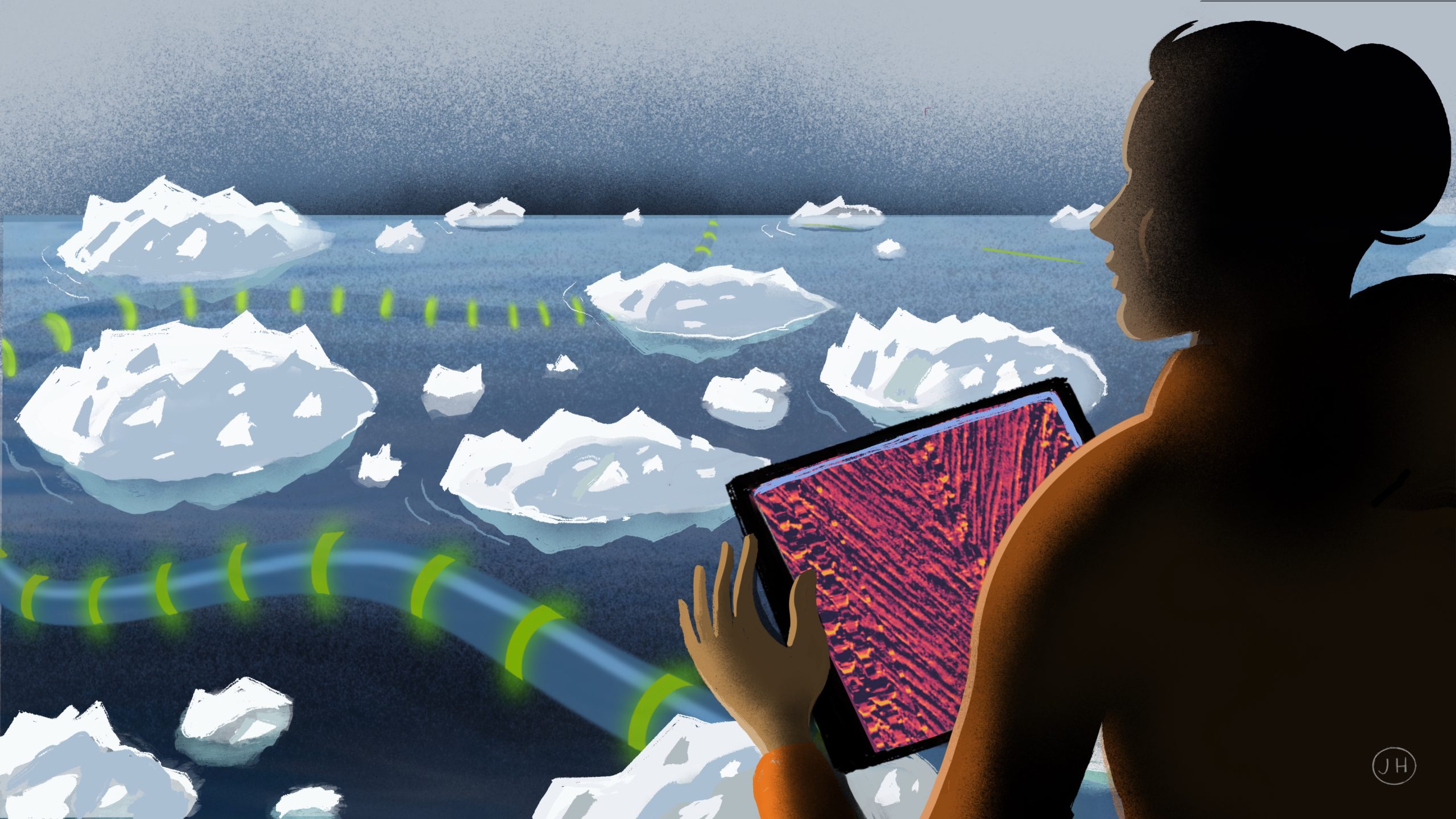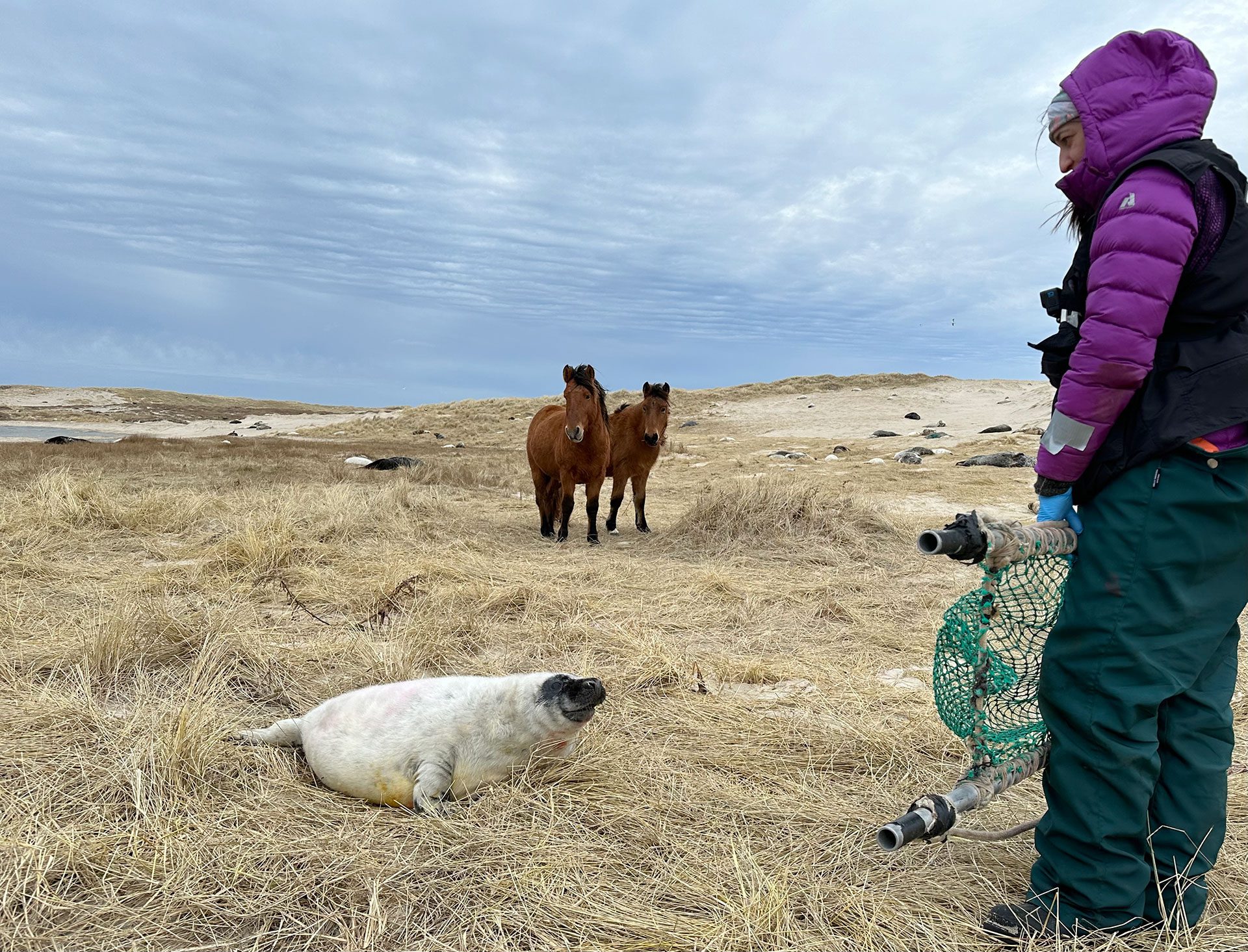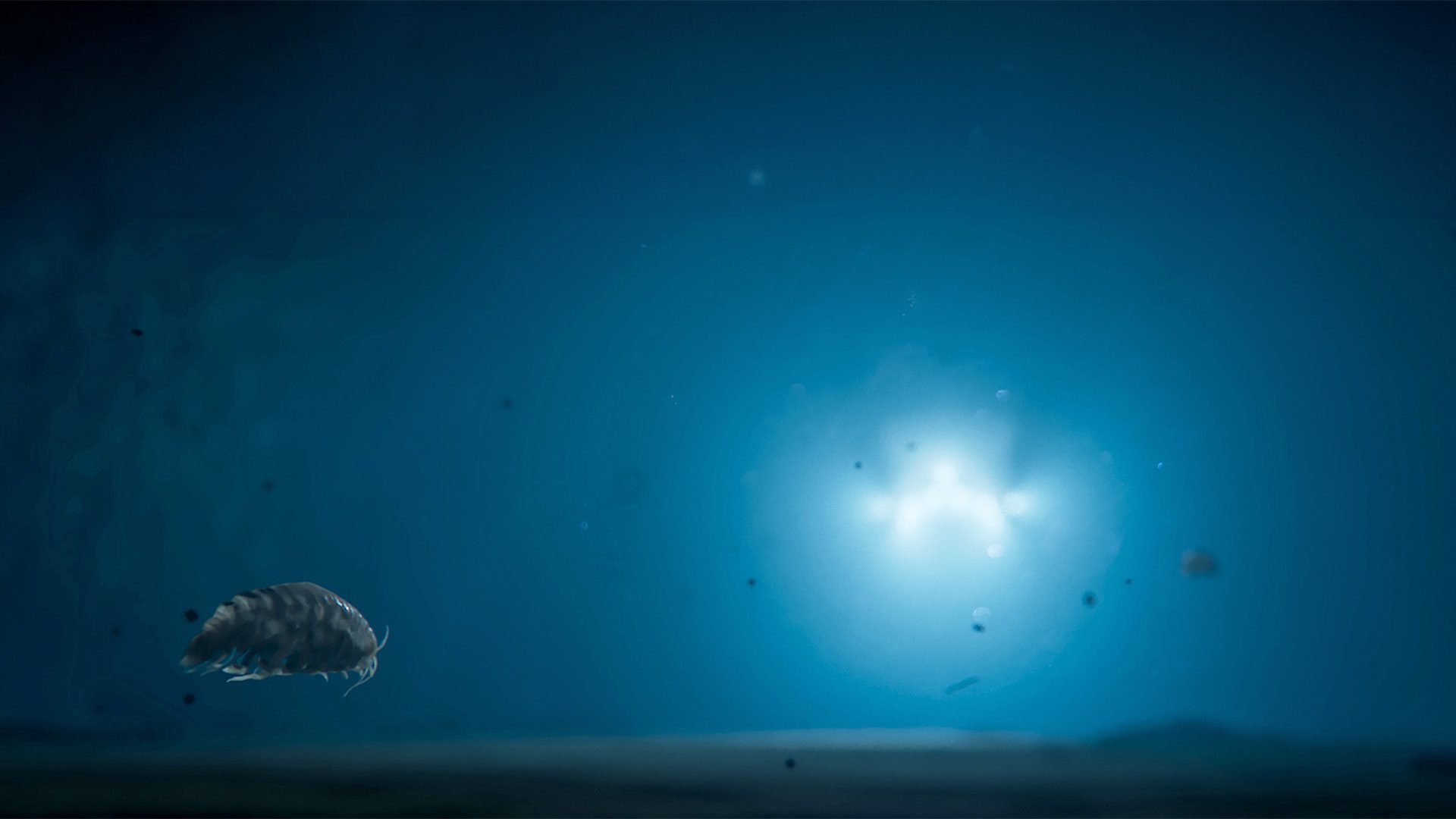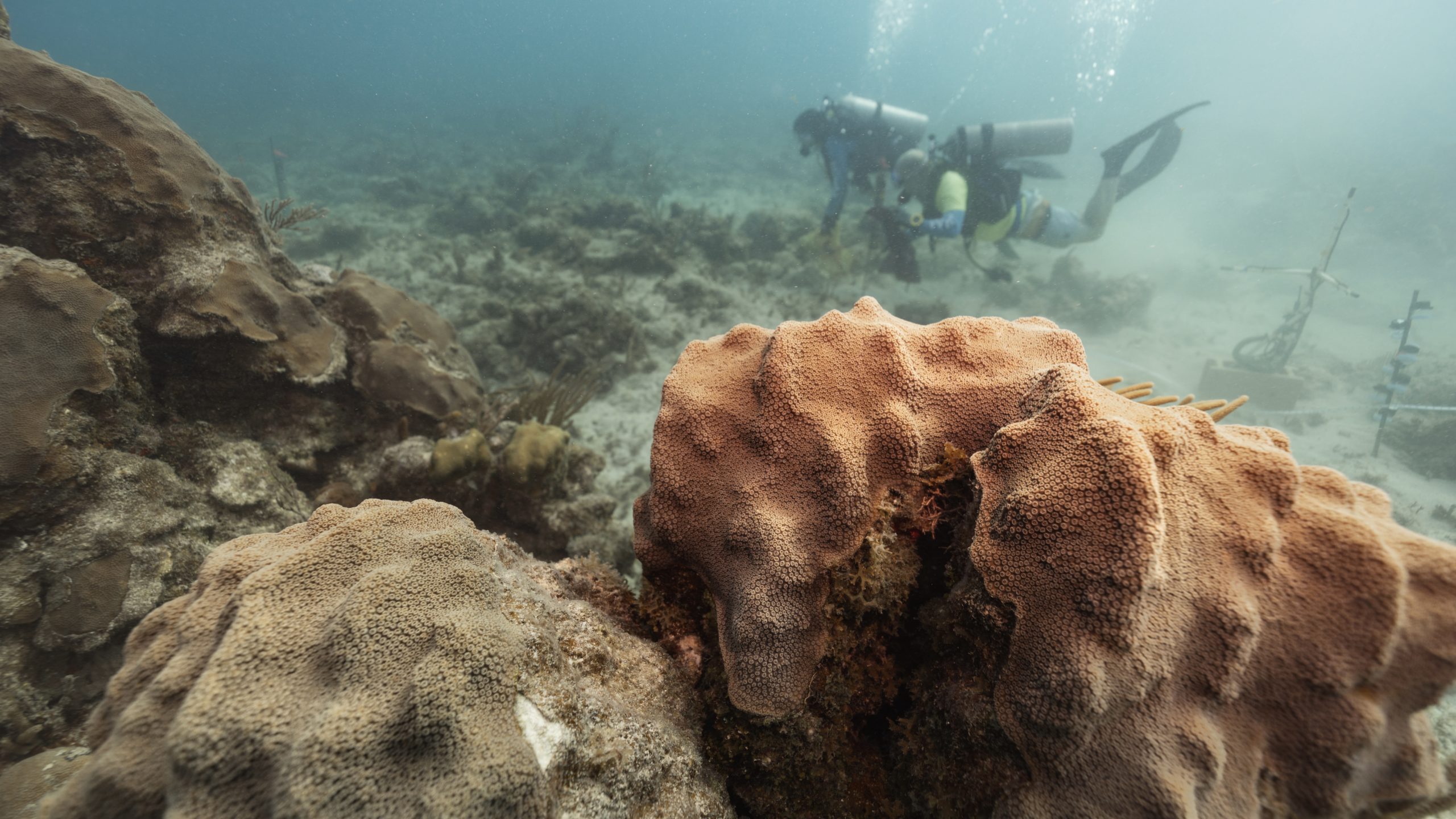Research Highlight
Busting myths about HABs
WHOI researchers give you the facts about toxic algal blooms
Read MoreLife at the margins
Scientists investigate the connections between Ghana’s land, air, sea and blue economy through the Ocean Margins Initiative
Read MoreSeeding the future
New WHOI tech lends a hand to kelp farmers
Read MoreCold, quiet, and carbon-rich: Investigating winter wetlands
A hydrologist takes on a groundbreaking study to understand how groundwater moves through New England salt marshes in the winter.
Read MoreNew underwater vehicles in development at WHOI
New vehicles will be modeled after WHOI’s iconic remotely operated vehicle, Jason
Read MoreSonic Sharks
The predators may not be a silent as once thought
Read MoreNavigating new waters
The engineering team at the Ocean Observatories Initiative overcomes the hurdles of deploying the coastal pioneer array at a new site
Read MoreOcean in Motion
How the ocean’s complex and chaotic physics defines life on our planet
Read MoreSaving Tico
A manatee’s odyssey and the role of currents in marine mammal conservation
Read MoreTracking big fish at fine scales
Scientists from Woods Hole Oceanographic Institution track how shortbill spearfish take advantage of local ocean currents when foraging.
Read MoreCan the twilight zone be fished responsibly?
As some nations eye the rich fishing grounds of the ocean’s mid-water, scientists investigate what it would mean for top predators
Read MoreUnderwater Starfield
A swimmer’s encounter with creatures of the open ocean
Read MoreThe 10,000-foot view
WHOI’s Tom Bell tracks changes to vulnerable coastal ecosystems with aerial imagery
Read MoreCounting on Corals
As struggling reefs put a squeeze on Belize’s Blue Economy, could heat-tolerant corals be the answer?
Read MoreThe ocean currents behind Brazil’s pollution problem
South America’s largest country reckons with both history and ocean currents in a recent spree of pollution
Read More30 by 30: How do we get there?
Researchers contribute to a bold initiative to conserve 30% of the global ocean by 2030
Read MoreThe story of a “champion” submersible
Alvin’s humble origins began alongside Wheaties cereal
Read More5 unlikely ocean friendships
How certain marine species keep each other safe, fed, and healthy through symbiosis
Read MoreFive big discoveries from WHOI’s Ocean Twilight Zone Project
Six years since it began, WHOI’s Ocean Twilight Zone project brings new and exciting insights to bear
Read MoreFor right whales, a dwindling food source is causing concern
As an important food source wanes in the Gulf of Maine, right whales are forced to venture further north into a minefield of ships and fishing gear
Read MoreA cabled ocean
Internet cables on the seafloor could advance how we track changes in the Arctic
Read MoreThe value of iron for a seal
WHOI researchers travel to remote Sable Island to determine if iron gives gray seal pups a head start in life
Read MoreA new way to discover life in the ocean’s hadal zone
WHOI biologist Johanna Weston develops a novel tool to catch and study life in the ocean’s most extreme depths
Read MoreSonic Youth: Healthy Reef Sounds Increase Coral Settlement
Researchers at WHOI demonstrated that replaying healthy reef sounds could potentially be used to encourage coral larvae to recolonize damaged or degraded reefs.
Read More

